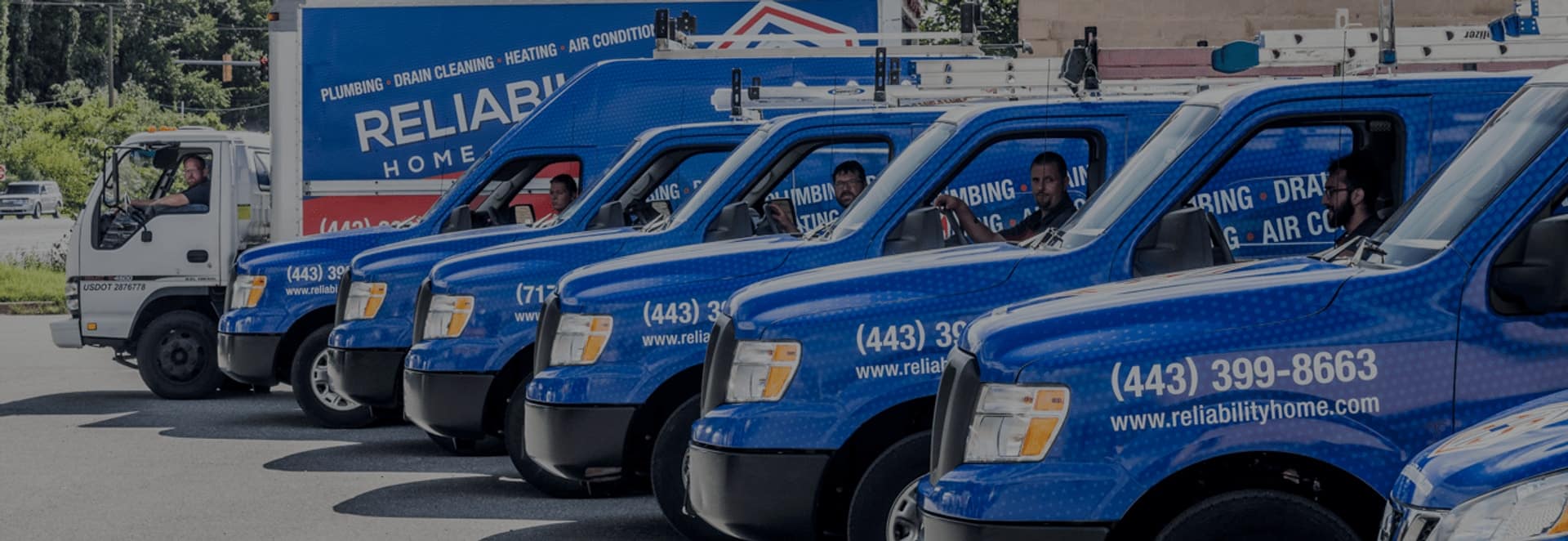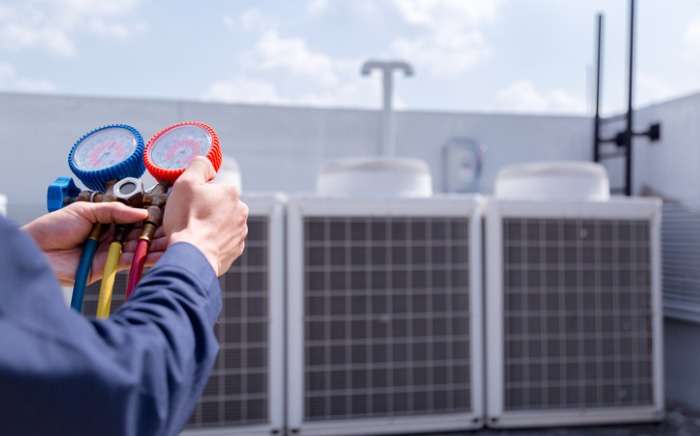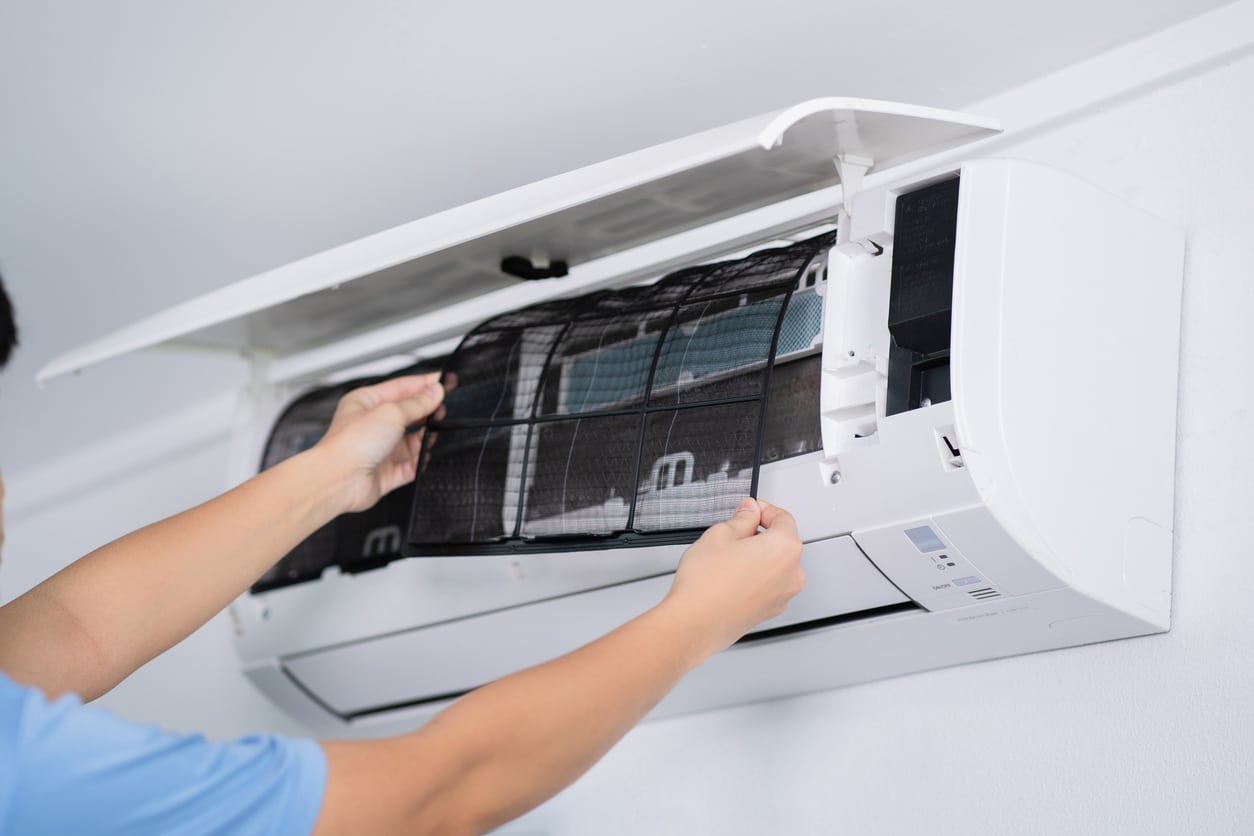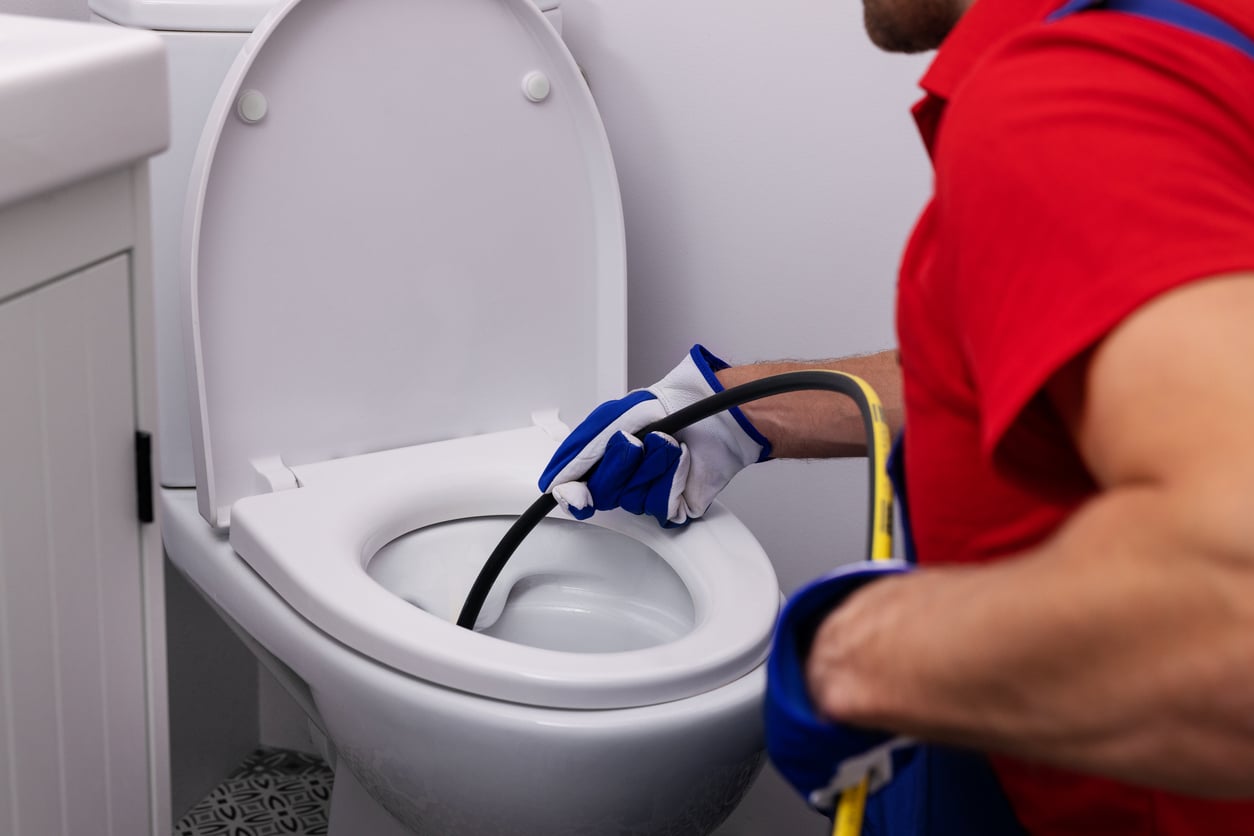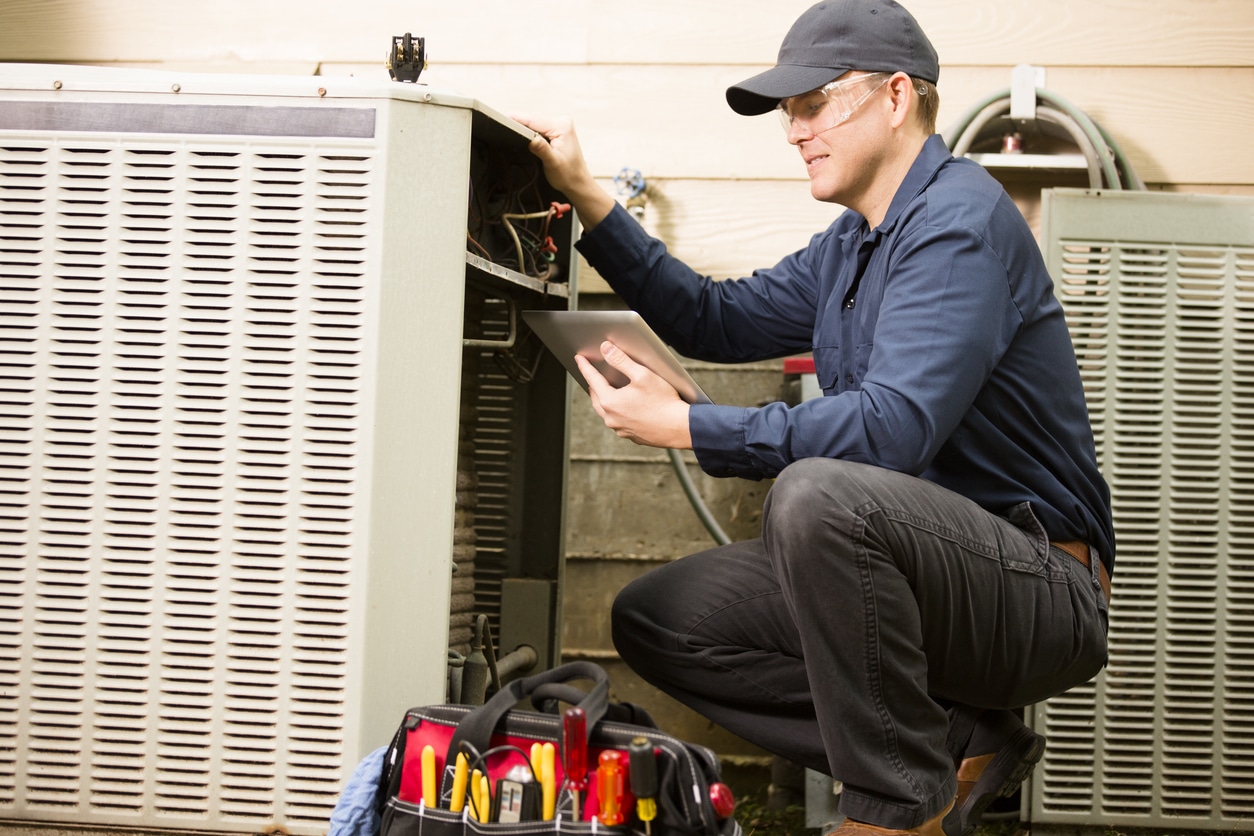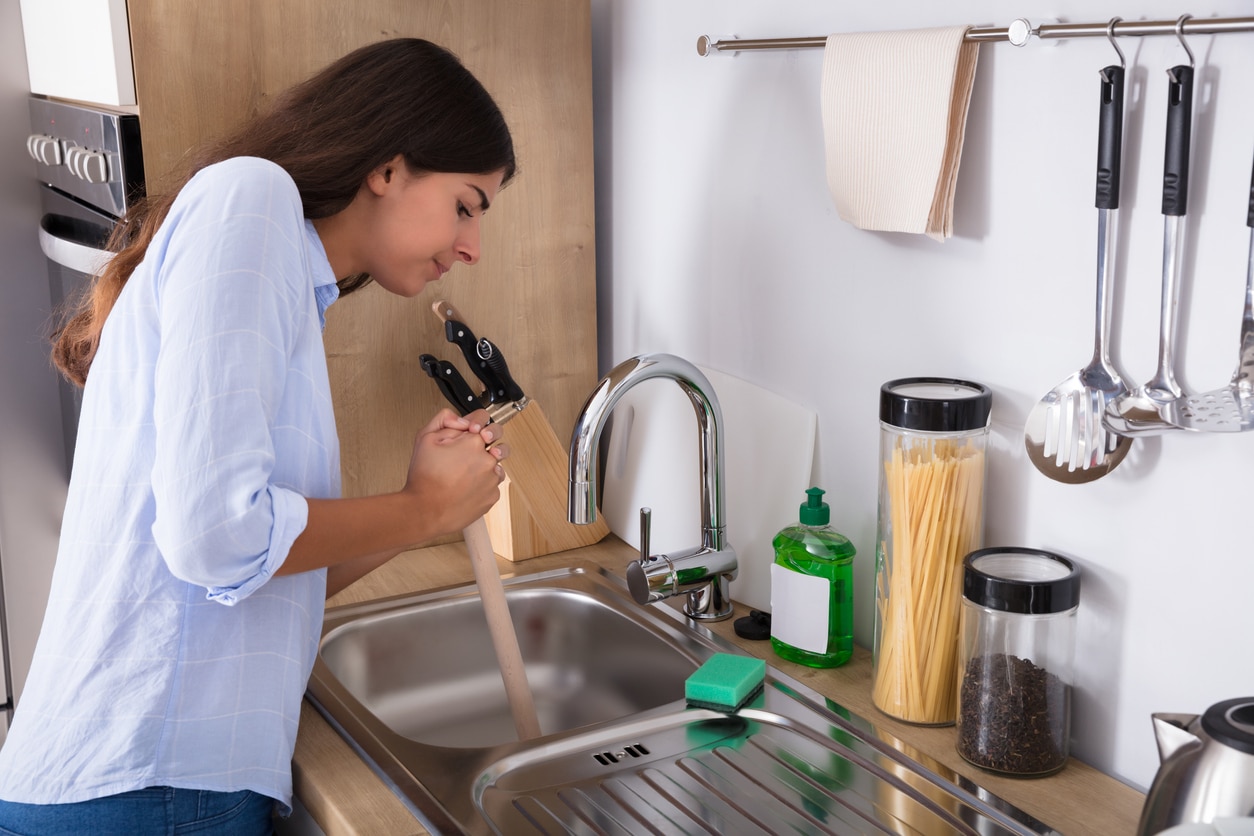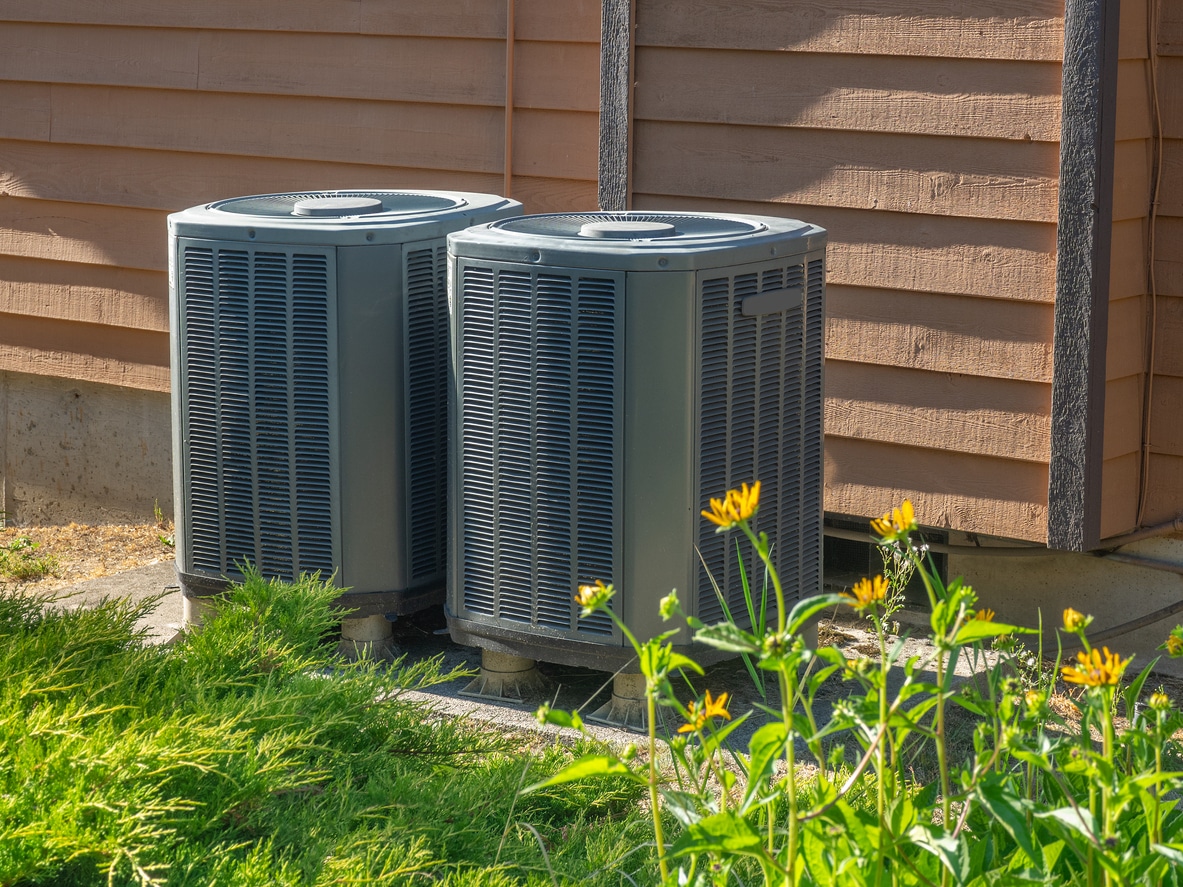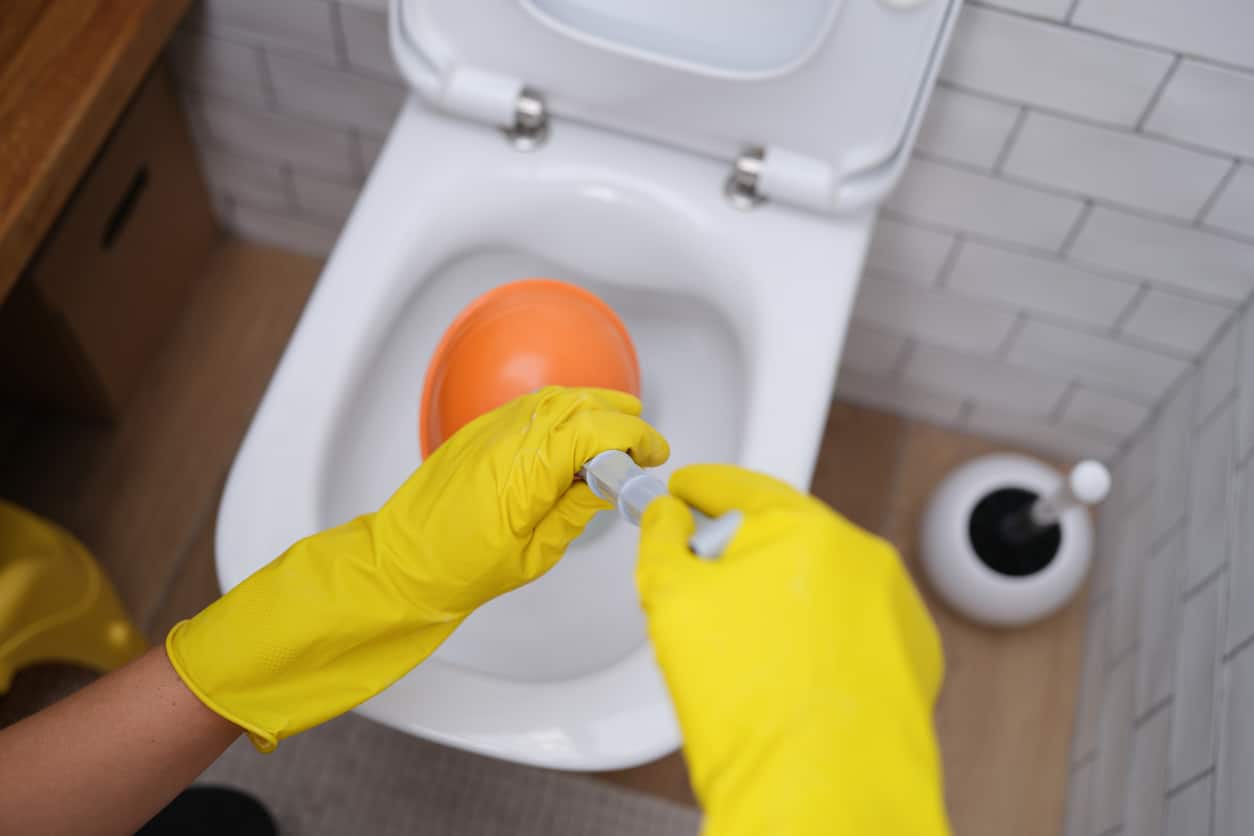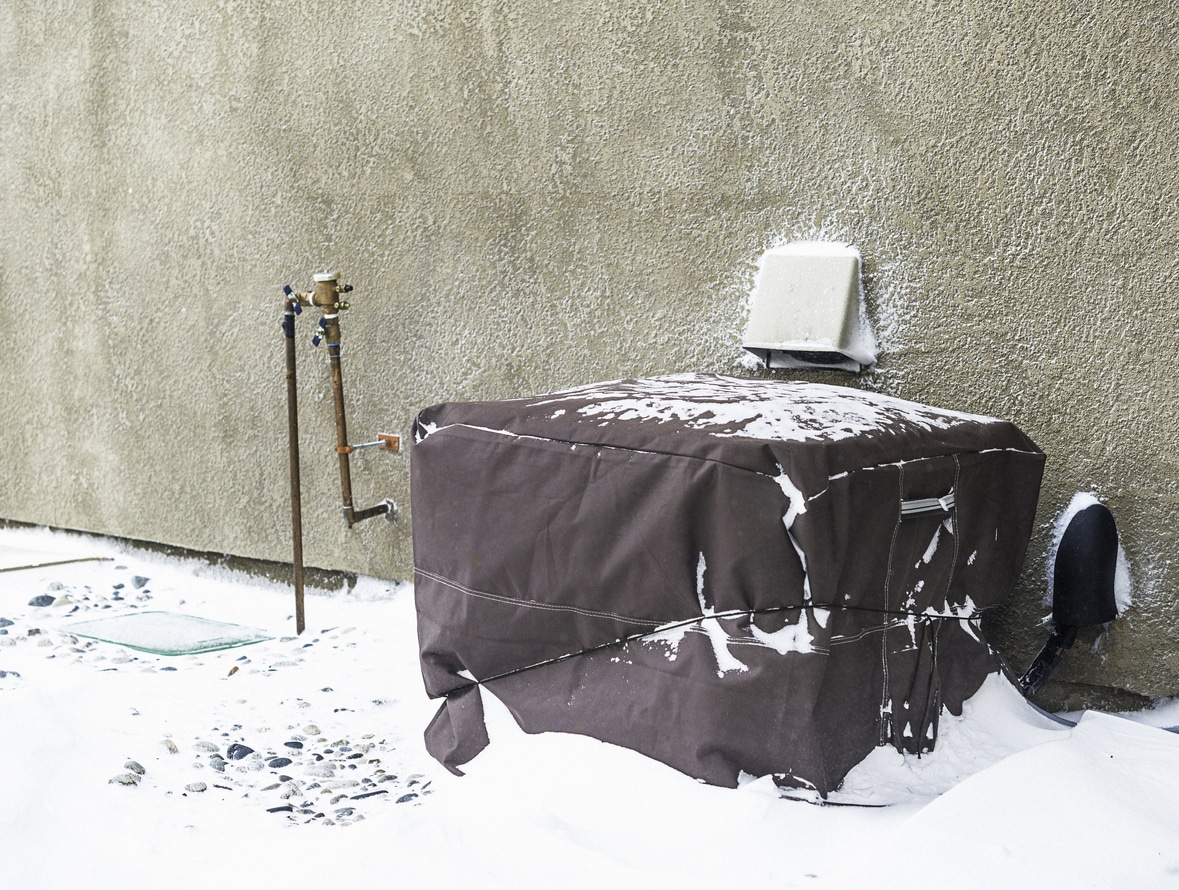Just like an air conditioner, a heat pump has maintenance needs. Without proper maintenance, your heat pump is likely to have a short lifespan and require frequent repairs. This homeowner’s guide to heat pump maintenance will keep your HVAC system working all winter long.
What Type of Maintenance Does a Heat Pump Need?
Your heat pump deserves a little TLC. By providing recommended maintenance to your heat pump, you can improve the lifespan and efficiency of your system. In fact, a well-maintained pump performs 10% to 25% better than a poorly-maintained one. It also limits damage to the compressor, which protects your HVAC system. A little maintenance saves you money on energy bills and repairs.Professional Maintenance vs. DIY Maintenance
Although some of your maintenance can be done on your own, there are certain tasks that can only be performed by an experienced professional. At least once a year, you should have an HVAC technician come out and service your heat pump. If you use your heat pump as your main method of heating and cooling, it has higher maintenance needs. You should schedule maintenance twice a year, aiming to get the system checked before the winter and summer. You need a professional to take on the maintenance role for several reasons. Regardless of your type of heat pump, the system relies on high voltage electricity. Attempting to work on the system without the proper training puts you at risk of electrocution. Another hazard comes from the chemicals used in the heat pump. Because refrigerant is toxic, it should only be handled by a trained professional. You need to know how to work with it and dispose of it safely.The Cost of Maintenance
If you’re concerned about the cost of heat pump maintenance, you don’t need to be. The cost isn’t nearly as much as it would be for heat pump repair or to replace your heat pump. Typically, the cost varies depending on your HVAC company, the complexity of your system, and the frequency of service. Some companies offer maintenance plans that make the cost of maintenance extremely affordable. However you choose to pay for your maintenance, you should know that it’s an investment. Just as going to the dentist for a check-up saves you money on expensive dental work, having heat pump maintenance saves you on repairs that could cost thousands of dollars. Generally, the cost of maintenance is under $200. To learn more about how much your maintenance will cost, you should speak to an experienced technician.DIY Heat Pump Maintenance
As previously mentioned, there are some DIY heat pump maintenance tips that will keep your system in tip-top shape. First, you should monitor your system regularly. If you notice anything out of the ordinary, make a note of it and call someone for heat pump repair. One sign that your system isn’t working is an overutilization of defrost mode. Usually, the mode only kicks on when the temperature is very low. If it kicks on frequently or only lasts for 15 minute periods, then your system needs some professional attention.Regularly Change Your Air Filters
Although some professionals will change your air filters for you, this is something that you can do on your own. Every 30 to 60 days, you should replace or clean your air filters. Some filters are disposable, while others require cleaning. To make sure you don’t forget about your filters, set a reminder on your phone.Keep the Outdoor Unit Clear
If debris is too close to your outdoor unit, it could cause problems. You should check the area around your unit for leaves, dirt, grass, and snow. If you have any plants growing near the unit, trim them back. You should always have a two-foot clear area around the heat pump.Clean your Registers
Over time, your supply and return registers get dusty and dirty. To keep the air flowing and your vents open, dust the registers frequently. Doing so will also improve your indoor air quality.Professional Maintenance
When you work with a professional, they will give your system a thorough inspection. While every company handles maintenance differently, you can expect your technician to do some or all of these tasks:- Clean the drain pan and indoor coil
- Inspect the indoor coil, blower, filters, and ducts
- Look for leaks in the ducts and seal them as needed
- Check that all belts are tight and not too worn
- Make sure the blower wheel is balanced and clean
- Flush the drain line and clean it
- Measure the system discharge pressure
- Inspect and lubricate all bearing and motors
- Test the thermostat for control problems
- Examine all wiring and connections, replacing wire and tightening connections as needed
- Check the refrigerant charge and look for leaks in the refrigerant
- Start a defrost cycle and look for any issues with it
- Inspect the outside unit for potential problems
- Check all outdoor temperature sensors and move them if needed


